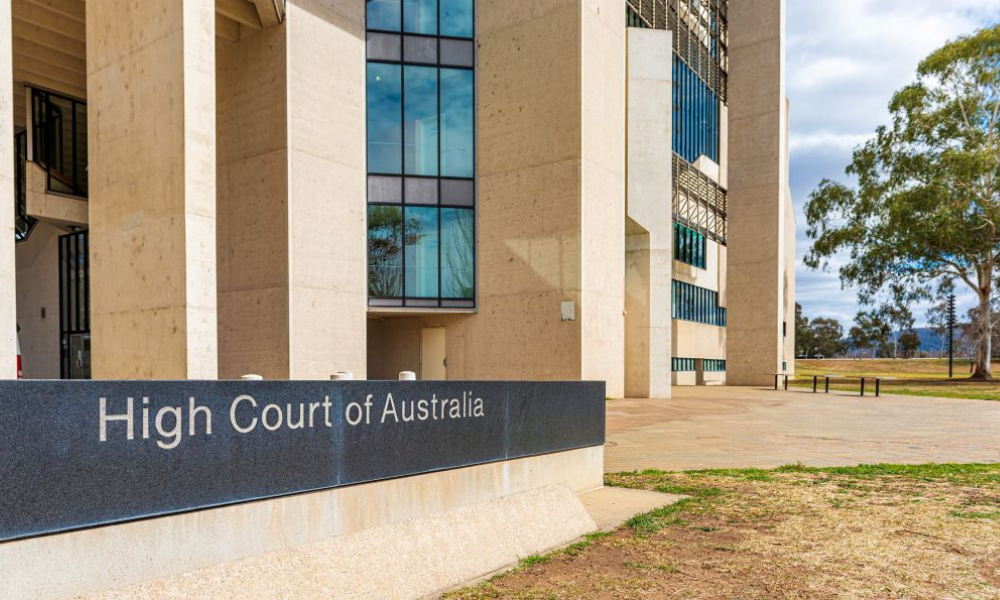
Plaintiffs challenged the health secretary's decision on vaccine use for children

The High Court has remitted to the Federal Court a case concerning the Department of Health secretary’s decision on the use of Moderna’s Spikevax vaccine in children.
The plaintiffs in Parry v Secretary, Department of Health [2023] HCA 9 brought an application before the High Court, seeking to quash the Department of Health secretary's decision under the Therapeutic Goods Act (TG Act) concerning the use of the Spikevax COVID-19 vaccine in children six months of age and older. The plaintiffs also alternatively requested the court for a declaration that the secretary's decision was unlawful.
The plaintiffs alleged that the secretary's decision was unreasonable because he "could not have reasonably been satisfied with the safety and efficacy of the vaccine, or that its apparent benefits outweighed the associated risks." They also asserted that the secretary did not follow the TG Act, which requires the secretary to write to the gene technology regulator if the therapeutic good has or includes a genetically modified product or organism.
The secretary asserted that the proceeding should be remitted to the Federal Court, which would have jurisdiction over the subject matter. The High Court noted that the Judiciary Act empowers the court to remit any pending matter to another court with jurisdiction concerning the subject matter and the parties to the proceeding.
The plaintiffs argued that the High Court was the only appropriate forum to handle their case. They recognised that the case is very complicated and involves modern science and that there may be factual disagreements, but they believe these disputes will only be about genetically modified medicines and should not be the deciding factor.
The High Court stressed that the power to remit is discretionary "to be exercised after due consideration of all the circumstances of the case." The court noted that the power of remittal ensures that the court would not be diverted from its principal functions by the need to hear and determine matters in the original jurisdiction which could properly be brought in an Australian trial court.
The High Court ruled that the matter was not suitable to be heard in the original jurisdiction of the court. The court found that the parties were unlikely to agree on a set of facts and that significant fact-finding might be required. The court also found a series of factually intensive issues that might be disputed, including the nature and extent of the plaintiff's interests and its sufficiency for establishing standing and whether the vaccine contains a genetically modified product or organism. The High Court pointed out that lay and expert evidence might be required to resolve those issues. The court also said that since Moderna Australia sponsors the vaccine, it was likely that a question as to its joinder as a party might arise.
The court concluded that a trial court would be in a better position to "case manage" the proceeding and determine contested questions of fact. The court was satisfied that the Federal Court has jurisdiction over the subject matter of the case based on the TG Act. Accordingly, the High Court ruled that it must exercise its discretion under the Judiciary Act to remit the matter to the Federal Court.